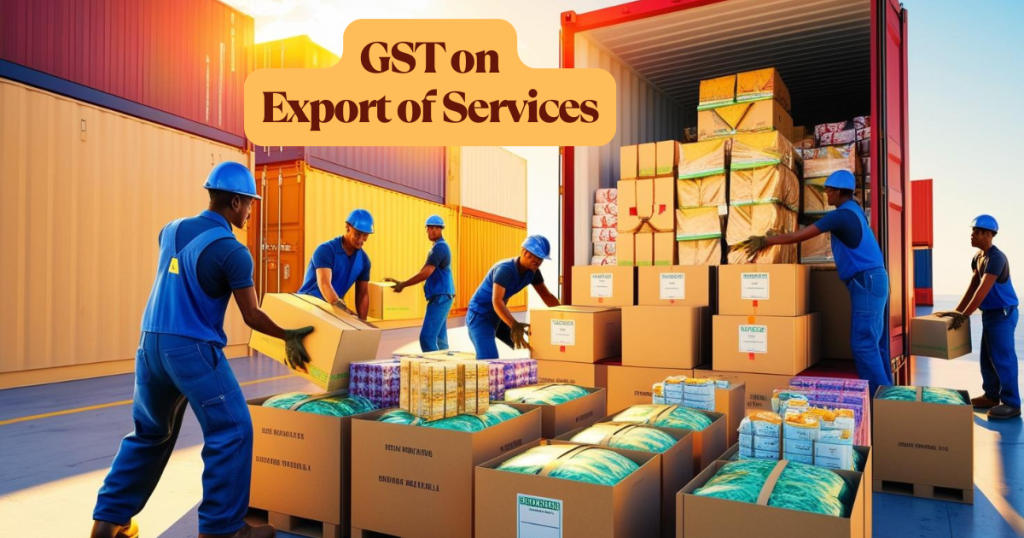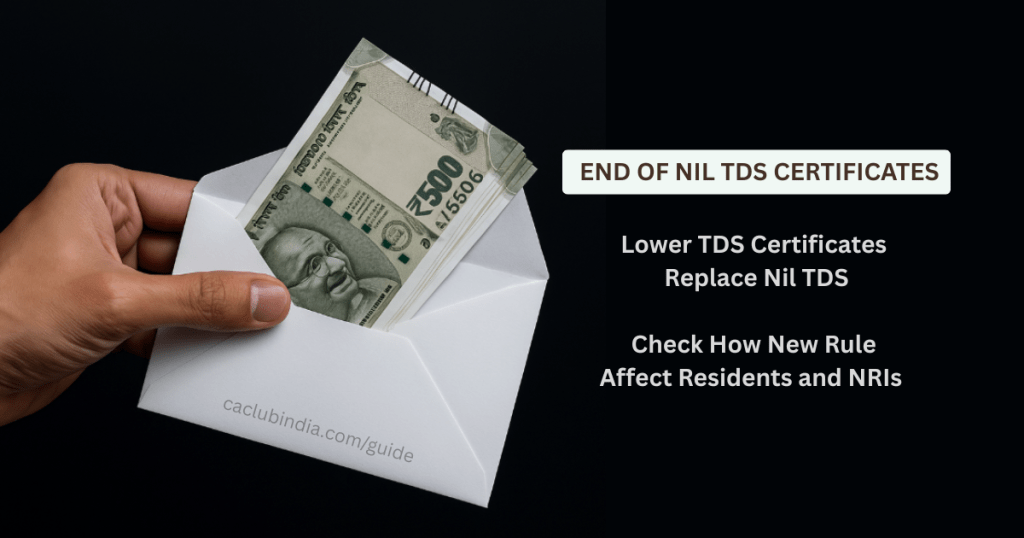Introduction: What’s GST in the context of Exports?
Goods and Services Tax (GST) is India’s indirect tax system that applies to almost all transactions involving goods and services. But when it comes to exports, things work a little differently. The government wants to promote exports, so it doesn’t want to burden exporters with taxes. That’s why export of services is treated as a zero-rated supply under GST, meaning no tax is charged, and refunds can be claimed.
In this article, let’s break down and see how GST works when it comes to exporting services, what zero-rated supply means, what LUT (Letter of Undertaking) is, and how exporters can claim refund without getting stuck in technicalities.
What Counts as an Export of Service?
Not every service provided to someone outside India qualifies as an export. According to GST rules, a service is considered as an export when:
- The supplier is in India.
- The recipient is outside India.
- The service is provided outside India.
- The payment is received in foreign currency or convertible INR.
- The supplier and recipient are not just different branches of the same company.
For example, if a digital marketing firm in India offers services to a US-based company and gets paid in dollars, that’s an export. But if the payment comes in rupees or the customer is actually a branch office in the US, it may not qualify.
What is Zero-Rated Supply?
Zero-rated supply simply means no GST is charged, but you can still claim input tax credit (ITC) on all your purchases. This is different from exempt supplies, where you can’t claim ITC.
Exports both goods and services fall under zero-rated supply. So if you’re exporting services, you don’t have to charge GST on your invoice – but you can still claim refunds for the GST paid on inputs like office rent, software subscriptions, or internet bills.
This helps reduce costs for exporters and keeps them globally competitive.
What is an LUT (Letter of Undertaking)?
If you’re exporting services and don’t want to pay GST and then claim it back, the smart move is to file an LUT. It’s a simple online declaration on the GST portal that says you will fulfil export conditions without evading tax.
Once you file an LUT, you can export services without charging GST. It’s a valid for a financial year and must be renewed every year. All registered exporters (except those with a history of tax defaults) are eligible to file it.
Think of LUT as a free pass to export without the hassle of tax payment upfront.
Documents and Conditions for Smooth Processing
To claim refunds successfully, you’ll need to keep these ready:
- GSTR-1 and GSTR-3B filings
- Invoices with proper export details
- Bank Realization Certificate (BRC) showing foreign currency received
- Proof of LUT (if applicable)
Make sure your details in returns match the ones in your invoices. Even a small mismatch in invoice numbers or amounts can delay your refund.
Challenges faced by Exporters
While the rules are clear, the practical process can be tricky. Exporters often face delays in refunds due to:
- Portal glitches
- Confusion over documents
- Lack of response from tax officers
Also, many small exporters forget to renew their LUT or file incomplete returns, which creates compliance issues. Keeping proper records and timely filings is key.
Conclusions and Key Takeaways
GST on exports may seem complex at first, but once you understand the basics, it becomes easy to manage:
- Export of services = zero-rated supply
- Use LUT to avoid charging GST
- Claim refunds either for ITC or IGST paid
- Keep documents updated and returns accurate
FAQs
- If I receive payment in INR from a client outside India, is it still considered an export of service?
Ans. No, unless the INR is received through a convertible foreign exchange channel as permitted by RBI.
- Can I export services without an LUT and still avoid paying GST?
Ans. No, without an LUT, you must charge and pay IGST, then claim a refund later.
- Can I claim a refund if the foreign payment hasn’t been received yet?
Ans. No, refund is allowed only after foreign exchange is realized and proof (BRC/FIRC) is available.


